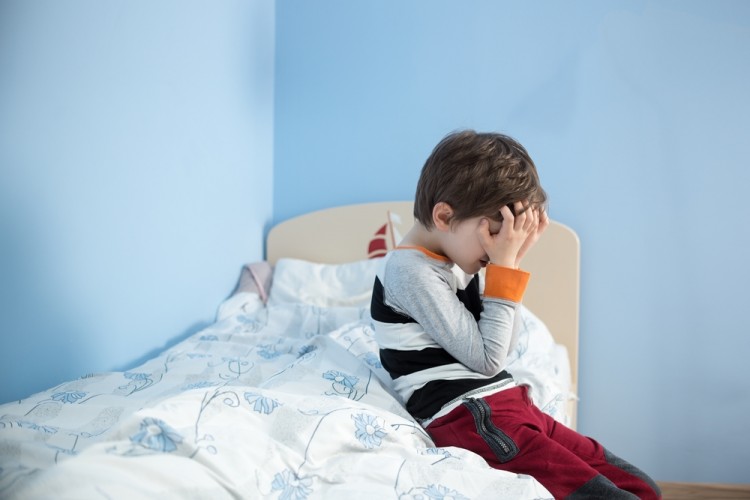Why Kids Don’t Tell About Sexual Abuse
You do everything within your power to protect your child from sexual abuse. You’re vigilant about who has contact with your child. You know the right questions to ask organizations. Even the behavioral signs to look for if you’re suspicious. But how can you feel secure that, if something did happen, your child would tell?
Sexual abuse statistics are already scary for parents.
But even more so when you consider the data only shows how many sexual abuse cases are reported.
A recent article in Time Magazine suggests that a whopping 9/10 cases of sexual abuse aren’t reported until adulthood, or remain forever a secret.
Not only does “not telling” force sexual abuse victims to suffer in silence, it also means your child might not get treatment, which is proven to have harmful long-term effects including increased rates of disease, addiction, mental health disorders, and depression.
“Not telling” also puts other kids at risk. When a child doesn’t disclose sexual abuse, his or her predator stays on the streets.

How you can make sure your child knows it’s okay to tell.
If you haven’t already spoken with your child about Sexual Abuse Safety, it’s time to start.
Check out our seven steps in “How To Talk About Sexual Abuse Safety” for an easy guide on how to talk to your child about their rights over their own body and what to do if something isn’t okay.
But for parents, it’s important to go a beyond helping your child be aware.
Understanding the reasons why some children don’t tell about their sexual abuse your best way of helping your child know they can. Survivors of childhood sexual abuse have said that FEAR is their number emotion that kept them from telling their parents:
- Children who have been threatened may believe that the threats will be carried out if they tell (e.g. the disclosure will result in the break up of the family).
- Children might be afraid of rejection, upset or other negative reactions, either by family, friends, or in some cases, by the alleged offender.
- Children can fear that people will treat him/her differently if they know about the abuse.
Feeling Vulnerable & Powerless
- Children are easily made to feel powerless and vulnerable (more at risk) because nothing s/he did stopped the abuse, or there was no way to stop it. A child might even think that no one has the ability to stop the abuser.
- Children are highly dependent on their parents/caregivers for their safety, well – being and protection, and may worry about who will take care of them if the abuse is disclosed.
When you talk to your child about sexual abuse safety, make sure to emphasize that you can protect them from anyone, no matter what that person says.
Confusing & Conflicting Feelings
- Children can feel deeply confused about telling when abused by someone trusted, leaving feelings of anger, betrayal or deep sadness. “Why would someone who loves me do something like this?”
- Children can feel confused because s/he loves or cares about the abuser – should s/he be loyal to the abuser or tell what happened?
- Children can feel conflicted about whether or not they allowed the abuse if their body responded in a way they know isn’t right for the situation.
Self-Blame & Guilt
- A child might think s/he deserved the sexual abuse because s/he wanted love, attention or accepted presents/ treats from the alleged offender.
- Some children feel guilty because they did not try to stop the abuse, while others feel guilty because they did try to stop it, but the abuse still happened.
- Some children who are abused multiple times might feel guilty because they did not tell about the abuse after it first occurred.
Help your child understand that their own comfort is more important than anyone else’s, and that they have complete ownership over their body. For anyone, even someone they love, to touch them inappropriately, is bad and that person doesn’t deserve to be protected.
And, while it’s uncomfortable, it’s important to talk to your children about how our bodies respond – even when we don’t want them to. Just like it’s not their fault when they get hungry or tired, it’s not their fault if certain activities make their body respond – and it certainly doesn’t mean the abuse was ok.